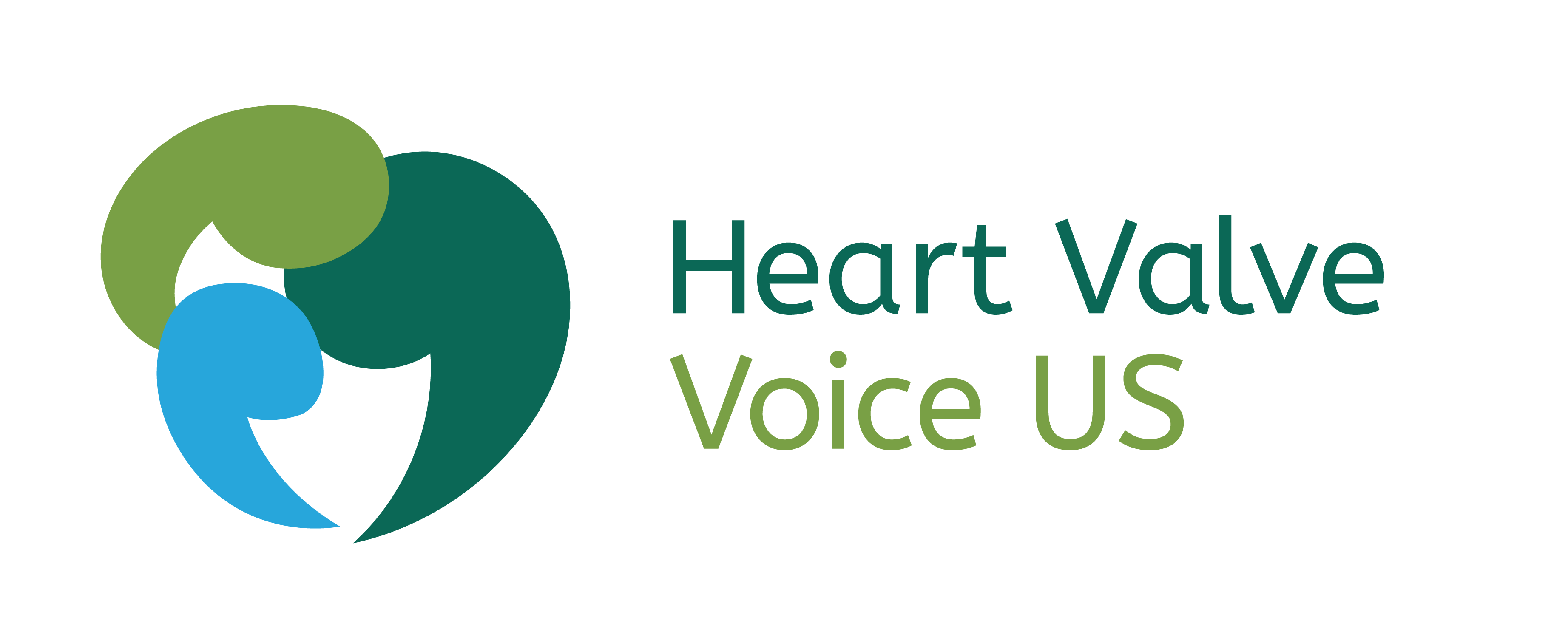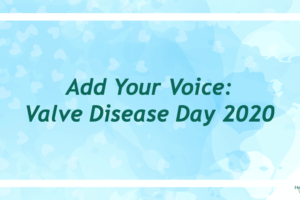Perplexed about what it means to be a “low risk” heart valve patient? Confused about the difference between “surgery” and “TAVR”?
We at Heart Valve Voice US are committed to providing reliable, unbiased information to patients to empower you to make the most informed decisions about your treatment options. This summer, the FDA approved the use of Transcatheter Aortic Valve Replacement (TAVR) for patients at low risk for traditional open-heart surgery (OHS). Previously, only patients who were deemed too high risk to undergo OHS qualified for the less invasive TAVR procedure. This change potentially allows more than twice as many patients suffering from aortic stenosis to be eligible for minimally invasive aortic valve replacement.
The expansion of approval for TAVR is based, in part, on research that shows that TAVR patients are two thirds less likely to experience a stroke or death within one year of the procedure compared to surgery patients. They are also much less likely to be re-hospitalized. But this doesn’t mean that TAVR is the right treatment for all patients experiencing aortic stenosis. The point is there is now more choice, which is what we strive for as patient advocates.
If you have been diagnosed with aortic stenosis and are considering treatment, or you are a care partner to a patient, we encourage you to watch our recent webinar which you can find here. This article is meant to be an overview of this issue but the ultimate decision on your care is one that should be made in consultation with your medical team. This article endeavors to provide you with some basic information so you can ask the right questions and have an informed discussion with your care team.
First, what do we mean when we talk about risk? Frailty and multiple health problems increase the risk of poor outcomes for open heart surgery. These higher risk patients are typically in their 80s and 90s, although younger patients with serious health problems or a history of mantel radiation can also have higher risk for OHS. Lower risk patients are generally in their early-to-mid 70s, in good health, with few or no additional health problems. These low risk patients tend to have more active lifestyles and may still be in the workforce.
Age is only one factor, so we must also look at the presence or absence of multiple conditions and the overall health of the individual. If, for instance, a person is also suffering from severe coronary disease, mitral valve issues, aortic aneurism, or a bicuspid valve, that patient will likely be considered a better candidate for traditional surgery than TAVR. Similarly, your anatomy may dictate which procedure is safest and most appropriate for you.
But age and physical condition, while important considerations, are not the only factors. This is where patient preference comes into play. This is your choice, in consultation with your medical team.
If faster recovery is important to you – perhaps you have an upcoming family event or want to get back to work – then TAVR may be the better choice. Generally, TAVR requires less time in the hospital and provides a much faster recovery, getting you back to your lifestyle in relatively short order.
Conversely, if you are more concerned with being “one and done” with valve replacement, then surgery may be the preferred option. Surgery has a long and successful history with the valve replacement expected to last for 15-20 years, often covering the lifespan of the patient. Your primary tradeoff would be a longer recovery period and it may take three to six months, or more, before you are back to the quality of life you would have with TAVR. But at this point it is unclear how long the TAVR valves may last, so you may need another procedure 10 years down the road.
Different procedures also may require different medication regimens, possibly requiring you to take blood thinners for life.
Regarding cost and insurance coverage, Medicare now covers TAVR for low risk patients so there should be no issues there if that is the path you choose. We have been hearing some reports that private insurers have been slow to update their coverage policies for TAVR. If you run into any issues with your insurer, please let us know at [email protected] or contact the Patient Advocate Foundation for assistance.



